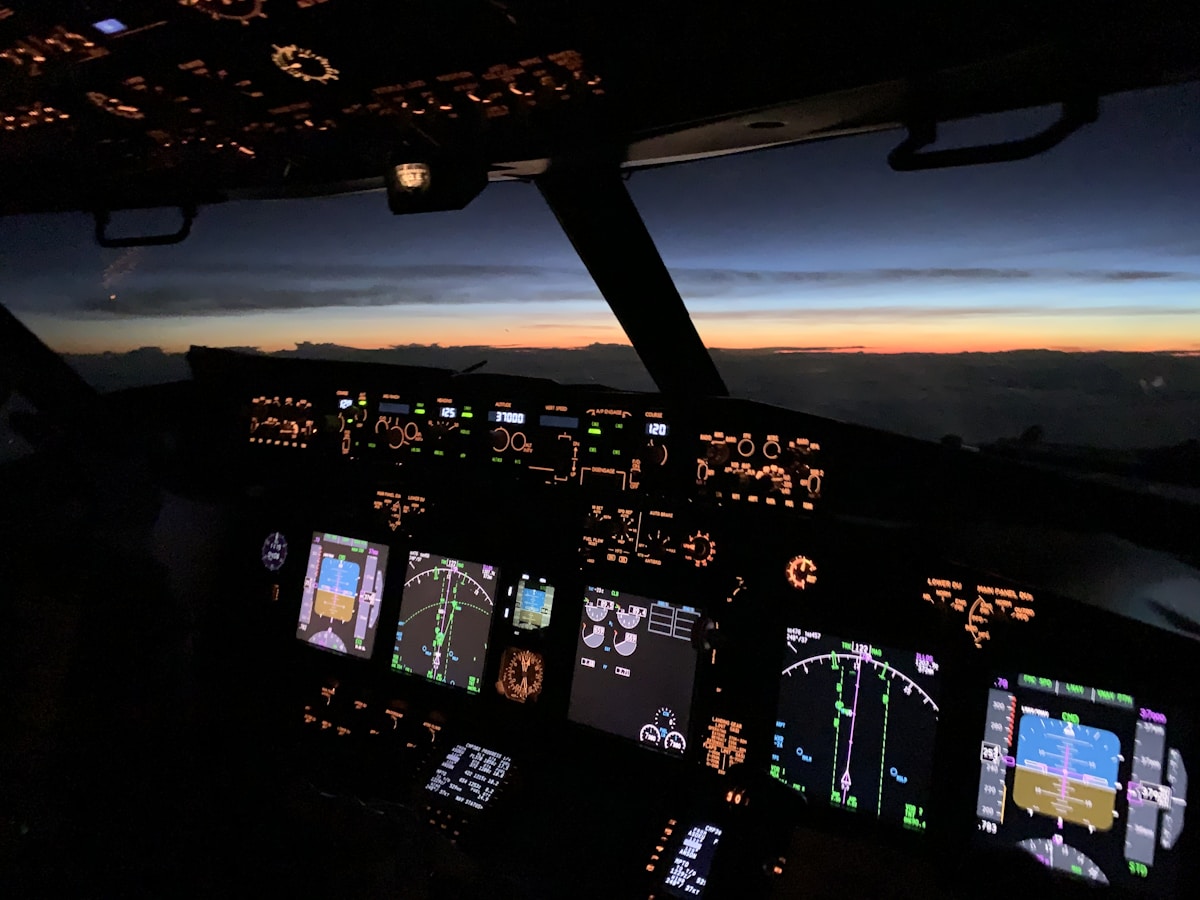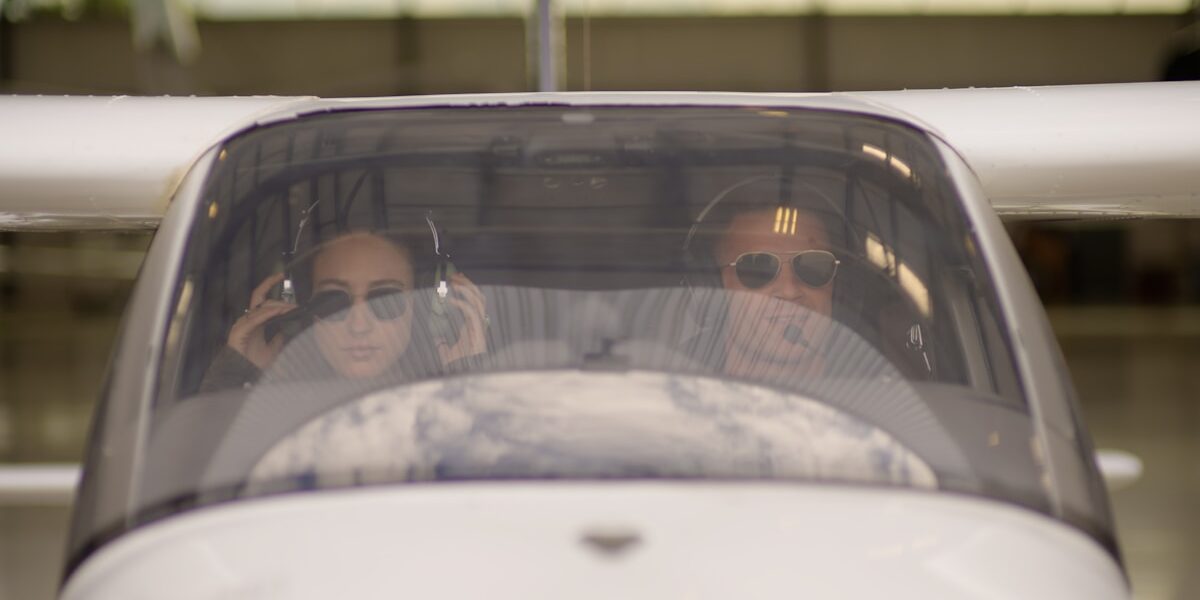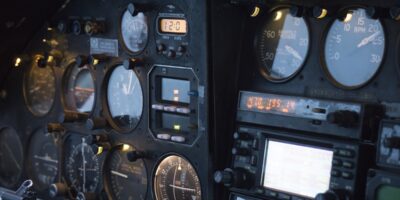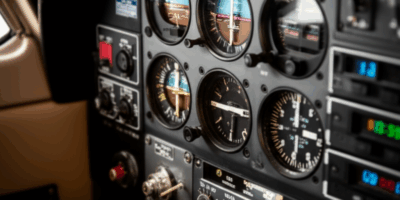Flight training is an essential process for anyone aspiring to pilot an aircraft. It is not merely a prerogative but a fundamental necessity, ensuring safety, proficiency, and a thorough understanding of aviation mechanics and regulations. This article delves into the critical aspects and benefits of flight training, outlining why it is paramount for both aspiring and experienced pilots.

**1. Ensuring Safety:** The foremost reason for flight training is safety. Aviation is inherently risky, and the skills learned during flight training help minimize those risks. Pilots learn about aircraft systems, emergency procedures, and how to handle adverse situations. This training is vital not just for the pilot’s safety, but also for the safety of passengers, crew, and people on the ground.
**2. Regulatory Requirements:** Flight training is mandatory to meet regulatory requirements set by aviation authorities like the Federal Aviation Administration (FAA) in the United States or the European Aviation Safety Agency (EASA) in Europe. These organizations require pilots to undergo specific training and pass examinations to obtain and maintain their licenses. This ensures that all pilots meet a standardized level of knowledge and competence.
**3. Skill Development:** Flying an aircraft requires a set of complex skills, which can only be developed through comprehensive training. Flight training covers numerous critical areas such as navigation, weather interpretation, flight planning, and aircraft control. These skills are continually refined through hours of instruction and practice.
**4. Handling Emergencies:** Emergency situations are rare but can be catastrophic if not handled correctly. Flight training prepares pilots to deal with emergencies ranging from engine failures to sudden weather changes. Simulated emergency training helps pilots react quickly, efficiently, and calmly, potentially saving lives.
**5. Technological Proficiency:** Modern aircraft are equipped with advanced technology. Flight training provides the necessary knowledge to operate sophisticated avionics and navigation systems. Understanding these systems is crucial for effective flight operation and enhances a pilot’s capabilities in managing the aircraft.
**6. Career Advancement:** For commercial pilots, flight training is a stepping stone to career advancement. Each certification and rating allows a pilot to qualify for different types of flying and more complex aircraft, thus opening up more job opportunities and potentially higher earnings.
**7. Confidence Building:** Confidence is crucial for a pilot. Comprehensive flight training ensures that pilots feel confident in their abilities to manage and control the aircraft under various circumstances. This confidence is critical for effective decision-making in high-pressure environments.
**8. International Standards Compliance:** Aviation is a global industry, and pilots often fly international routes. Flight training encompasses global aviation standards and practices, which are necessary for pilots to operate internationally. Understanding these international regulations and practices is crucial, especially for commercial pilots.
**9. Personal Achievement:** Learning to fly is an achievement in itself. For many, flight training is not just about the career prospects but also about fulfilling a lifelong dream. The rigorous training process tests physical and mental limits, and mastering it is a significant personal accomplishment.
**10. Contribution to Aviation Safety Culture:** Every trained pilot contributes to the broader aviation safety culture. A well-trained pilot not only ensures their own safety but also sets operational standards for others in the industry, promoting an overall culture of safety.
In conclusion, flight training is indispensable in the world of aviation. It equips pilots with the necessary skills, knowledge, and confidence to operate aircraft safely and efficiently. Whether for personal satisfaction, career advancement, or regulatory compliance, flight training lays the foundation for competent and secure aviation practices. It is a critical investment in personal capability and public safety, underscoring its importance in the aviation sector.



